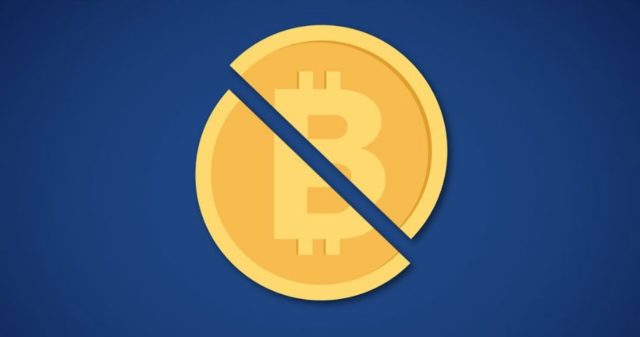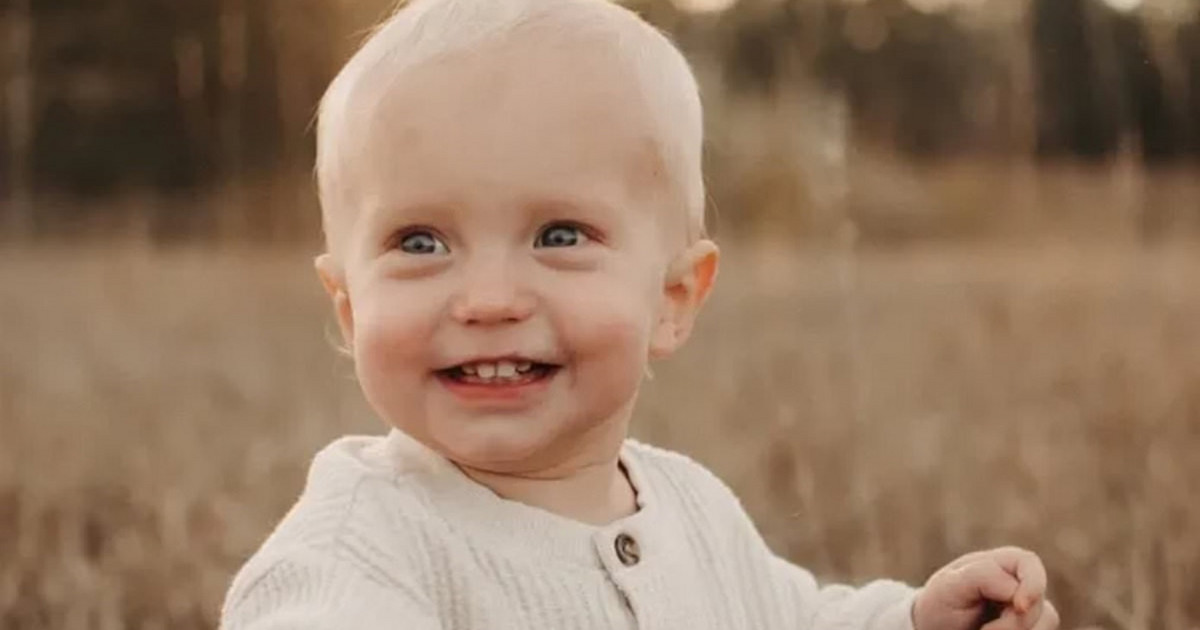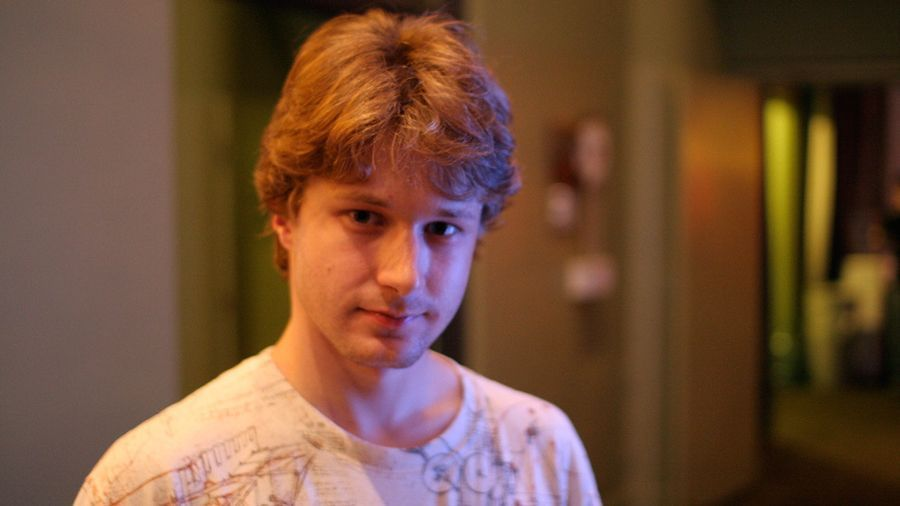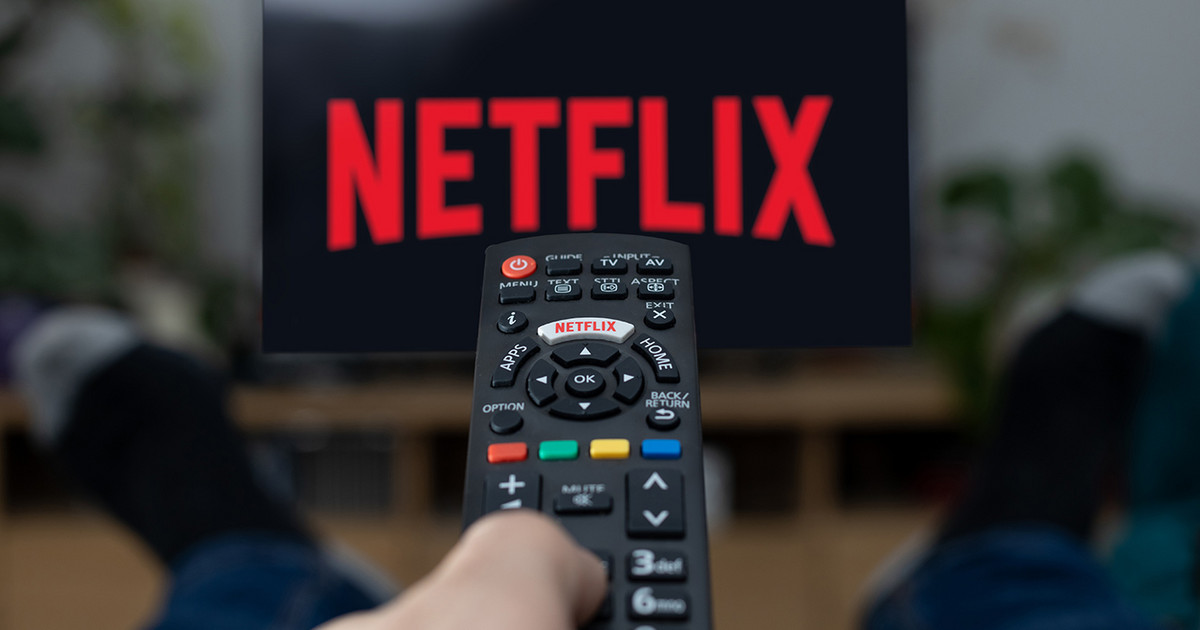It’s a familiar routine for Ukrainians: explosions rumble through the city, then videos of drones overhead. Air defenses spring into action, and authorities release preliminary statements confirming an attack.
But this time, the shattered glass and concrete are in the Russian capital, not Kiev. Russia’s war against Ukraine, it seems, has returned to Moscow.
On Tuesday morning (29), a wave of drone strikes hit the Russian capital. According to state news agency RIA-Novosti, an unmanned aerial vehicle hit the upper floors of a residential skyscraper in southwest Moscow, damaging the building’s facade.
Another hit an apartment on the 14th floor of an apartment building on Leninsky Prospekt, one of the city’s main arteries.
Moscow Mayor Sergei Sobyanin gave updates on Telegram, telling residents that emergency services were on the scene and that two people were injured, none hospitalized.
A few hours later, Sobyanin said residents evacuated from apartment buildings hit by drones were returning home.
But Moscow is unlikely to be able to return to its restless status quo of life during what the Kremlin euphemistically calls a “special military operation” in Ukraine.
Since Russian President Vladimir Putin launched his full-scale invasion of Ukraine in February last year, most of Russia has been spared the kinds of scenes Ukrainians routinely face.
In the following months, regions of Russia bordering Ukraine came under attack, with local officials reporting occasional bombings from the Ukrainian side. The Kremlin accused Ukrainian helicopters of striking inside Russian territory on Friday, allegations Kiev has neither confirmed nor denied.
And earlier this month, drones penetrated the security rings around the Kremlin, Russia’s very seat of power.
Ukraine has denied involvement in Tuesday’s attack, even as a senior official made clear that Russia was experiencing its own medicine after months of bombing Ukrainian cities.
“Of course, we like to watch and predict an increase in attacks,” said Ukrainian presidential adviser Mykhailo Podolyak. “But of course we have nothing directly to do with it.”
“What is growing in Russia is the karma that she will gradually pay in an aggravated way for everything she does in Ukraine,” he added.
Tuesday’s attacks, however, look qualitatively different from previous attacks. To begin with, this was not a symbolic blow to the Russian state, like the obscure drone strike on the Kremlin. Instead, it seemed to strike at the heart of Russia’s political and economic elite.
Some of the drones apparently hit or flew over Rublyovka, a prestigious suburban area in southwest Moscow where oligarchs, politicians and top officials live in luxurious gated communities.
The area is also very close to Putin’s residence in Novo-Ogaryovo, where the Russian leader spends most of his time.
Russian lawmaker Alexander Khinshtein said on Tuesday that several drones had been shot down in Rublyovka, including one in Ilyinskoye, a village about two miles from Novo-Ogaryovo.
A CNN located footage from Ilyinskoye that shows a drone flying through the sky.
In a conference call with reporters, Kremlin spokesman Dmitry Peskov said Putin was in the Kremlin after Tuesday’s attacks in Moscow, saying the president “received information directly from law enforcement agencies, the Ministry of Emergency Situations , the Mayor of Moscow and the Governor of the Moscow Region” after starting his working day early.
“Everyone worked correctly,” said Peskov. “The air defense system also worked well. Clearly, we are talking here about the Kiev regime’s response to our very effective attacks in one of [seus] decision-making centers.”
But the symbolism of attacking Rublyovka was not lost on Yevgeny Prigozhin, head of the Russian private military company Wagner.
In response to a question from a journalist, Wagner’s boss launched an expletive-laden rant against Russian Defense Ministry leaders after the attacks.

“Why on earth are you allowing these drones to hit Moscow?” he said. “The fact that they are flying from Rublyovka to your house, to hell with it! Let your houses burn.”
Prigozhin never misses an opportunity. The mercenary leader – whose political ambitions have unexpectedly come to the fore in recent months – is embroiled in a bitter public feud with Russia’s top military and has accused Russia’s Ministry of Defense of doing “absolutely nothing” to modernize Russia’s drones and defenses. of drones.
“As a person who understands a little bit about this, I can say that many years ago it was necessary to deal with these programs [de drones] – that we are now years behind our opponents, years, maybe decades,” he said.
It is unclear whether this is another opportune moment for Prigozhin to pursue his revenge against Russian Defense Minister Sergei Shoigu. And many questions remain about how a wave of remotely piloted vehicles managed to penetrate Moscow’s highly protected airspace, where they were launched from and who ordered the attack.
The Defense Ministry claimed its air defenses worked, saying all drones were destroyed, with three suppressed by electronic warfare and another five shot down by surface-to-air missiles.
Russian unmanned aviation expert Denis Fedutinov, quoted frequently by the state-run TASS news agency in the past, speculated that the attacks were an effort to probe Russia’s air defenses.
“The purpose of the attack was likely to discover Moscow’s air defenses and reveal their vulnerabilities,” he said.
But it’s clear that drone strikes are an embarrassment to the Russian military, regardless of how the remotely piloted vehicles were launched. And it remains to be seen whether this attack is a precursor to more dramatic, headline-grabbing attacks – amid signs of an imminent Ukrainian counter-offensive.
Source: CNN Brasil
Bruce Belcher is a seasoned author with over 5 years of experience in world news. He writes for online news websites and provides in-depth analysis on the world stock market. Bruce is known for his insightful perspectives and commitment to keeping the public informed.






